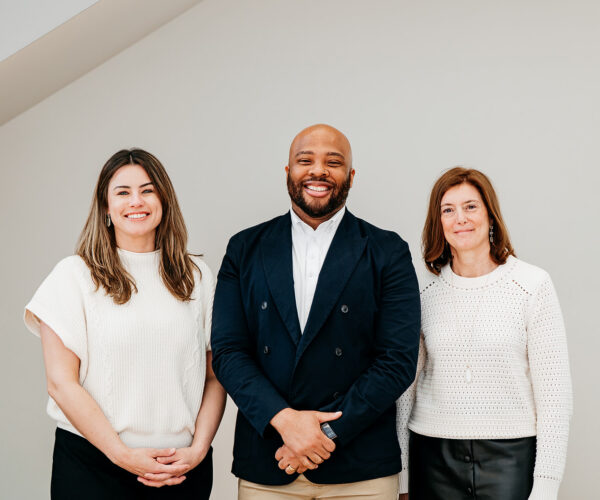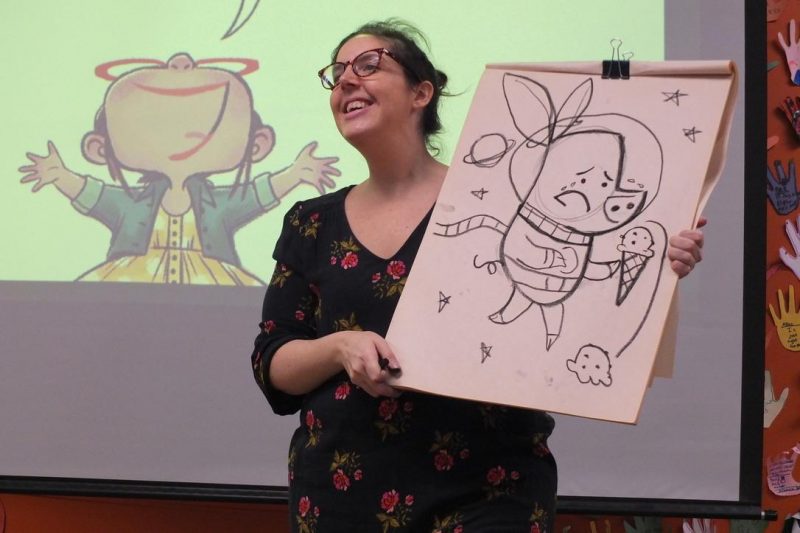
Local Author-Illustrator Inspires Students
April 23, 2023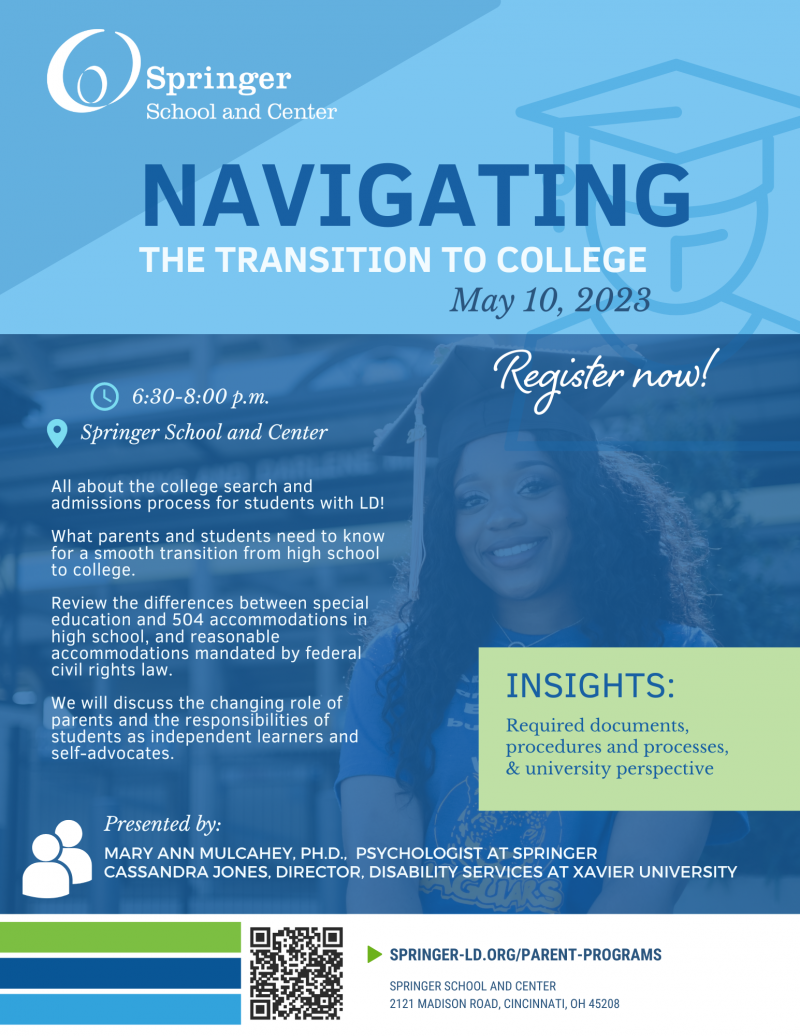
Navigating the Transition to College
May 5, 2023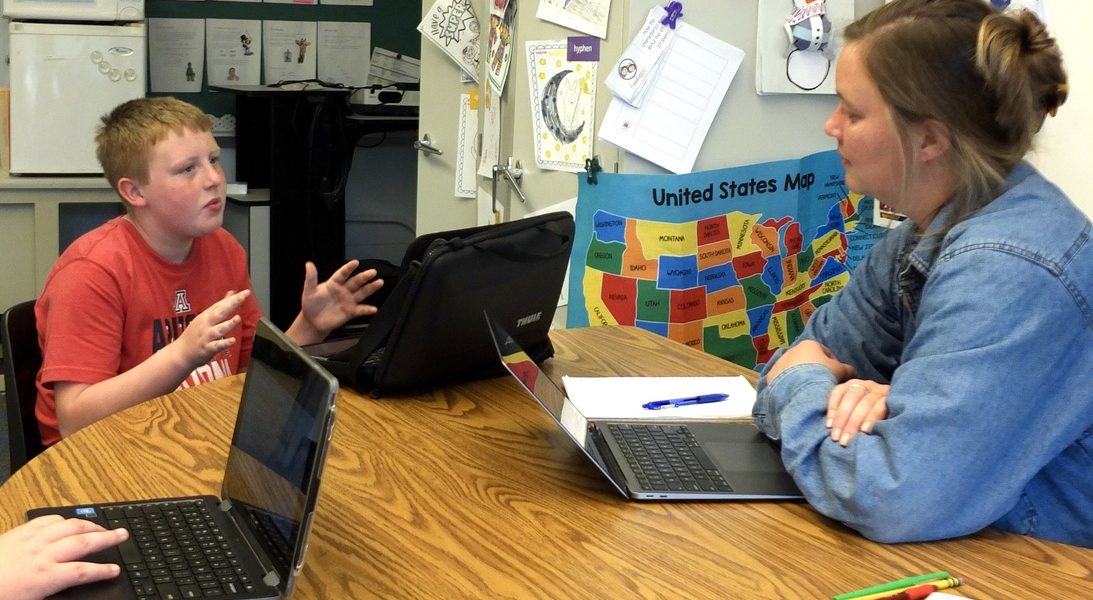
The month of May has been recognized by the American Speech-Language-Hearing Association (ASHA) as Better Hearing & Speech Month (BHSM) for over 50 years. As a Speech-Language Pathologist (SLP) and “May-baby”, this is my favorite month of the year!
This month is an opportunity to raise awareness about communication disorders and recognize providers that help people with communication challenges. ASHA’s theme for 2023 BHSM is “Building a Strong Foundation,” which is what I work to construct with my students each day.
Often, people are confused about what Speech-Language Pathology entails. As therapists, we often hear “I don’t have any trouble with my speech,” or “My speech sounds fine!” The role of SLPs reaches far beyond just speech sounds. In the language realm here at Springer, it starts with building a strong foundation at the word level.
Students with learning disabilities and language disorders often have difficulty understanding vocabulary and using specific wording when they speak or write.
If a student doesn’t understand one word that they read or hear, this can impact their understanding of the entire message. As an example, a common classroom direction is, “gather your supplies.” This is a simple command, right? However, if a child struggles with vocabulary, they may have significant challenges executing the task. They may not know that “gather” means to get, or they don’t know what “supplies” is referring to. When it comes time for the student to complete the task, they’re probably going to wait and see what others are doing or for an adult to come and help them. Another indicator of weak vocabulary will show through following sequential directions, especially when subordinating clauses begin the sentence. For instance, “before you come in the classroom, you need to wash your hands,” requires better understanding of the concept “before” and the ability to understand a complex sentence structure. Revising the direction to “wash your hands before you come into the classroom” may be easier to understand because the tasks are told in sequence.
In addition, students who don’t understand these words will not use specific vocabulary when telling stories or having conversations. You might hear many of them say “stuff” or “thing” instead of a specific term. They might also leave out sequential terms, like “first, second, after,” which impacts a listener’s ability to follow the sequence of a story or the overall cohesiveness of a message. In time, this transfers to their writing. Classroom assignments center around students being able to express their understanding of concepts through discussion, debate, and formulating written responses. Clearly, a gap in vocabulary knowledge can create a domino effect in all aspects of academics. These students need a stronger foundation to succeed in the classroom. SLPs can help lay these bricks through skilled treatment.
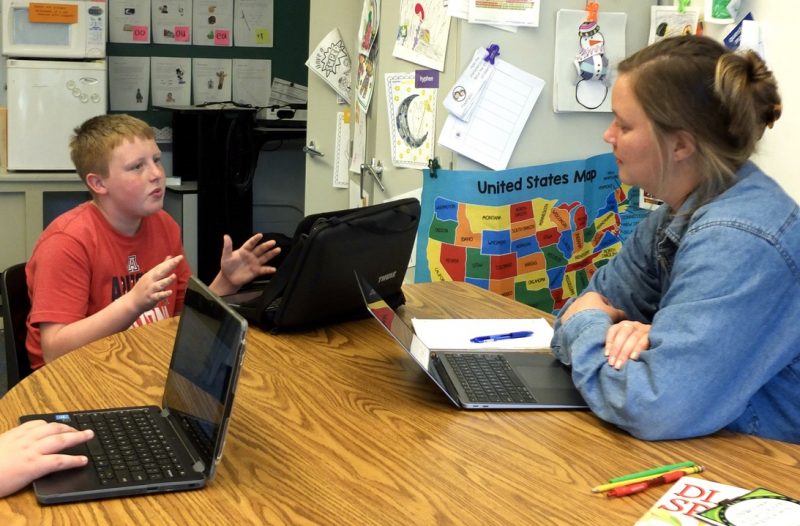
If the foundation is established, we can build so many different structures! Once students have a good understanding of words or how to use them, we can work through different higher levels of comprehension and expression. Each level of language poses its own challenge during the building phase, but having a strong base ensures success.
Guest blogger Sara Straley is a Speech-Language Pathologist at Springer. You can contact her at .


